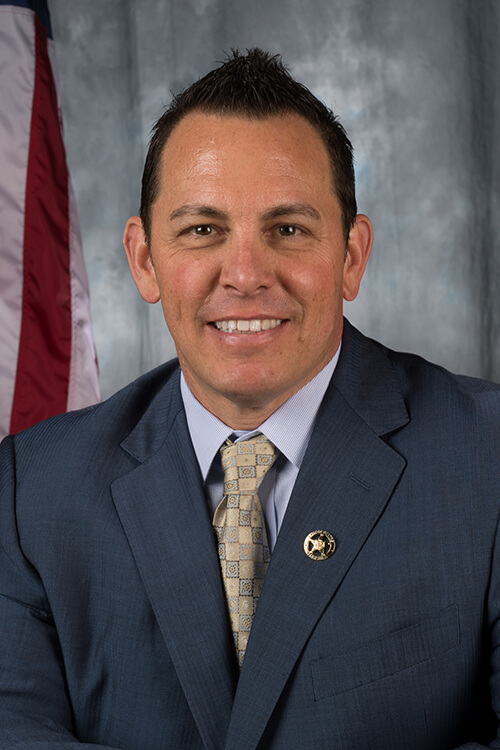Inspectors General (IGs) are the first line of defense against fraud, waste, and abuse in federal programs. However, critics have expressed concern that external pressures have sometimes influenced the decision-making process among IGs. The purpose of this qualitative, phenomenological study was to explore the lived experiences of federal, state, and local IGs; to identify impediments to IG success; and to discover possibilities for improvement as a means of strengthening the work of IGs. Reinvention theory was used to address the implications of political and external pressure in the process of improving, or reinventing, government. By means of purposive and snowball sampling, a nonprobabilistic sample of 9 federal IGs and 9 state and local IGs from throughout the United States was recruited. Semistructured, open-ended interviews were conducted with the participants. Interviews were taped and transcribed, and handwritten notes supplemented the data. Thematic and content analyses were performed to identify trends and patterns. Participants revealed that the capability to detect and prevent fraud remained limited, and that in particular, a lack of budgetary independence hampered the ability to operate independently. According to participants, weak governing statutes that obstructed budgetary and structural independence were a major impediment to success. Participants believed that the ability to develop strong working relationships with stakeholders and to exercise strong interpersonal skills were instrumental in attaining success as an IG. Nonfederal IG participants expressed concerns regarding issues that had been resolved at the federal IG level, such as more lenient appointment and removal procedures. Most participants reported that they had found a way to navigate around impediments to their independence. On the basis of the findings, practical recommendations include increased budgetary freedom for federal, state, and local IGs, as well as a budgetary floor for each IG budget. Recommendations for future research include studies of military IGs, an exploration of the effect of legislation on IG independence, and an evaluation of the potential benefits of the IG concept in states currently lacking an IG office.
